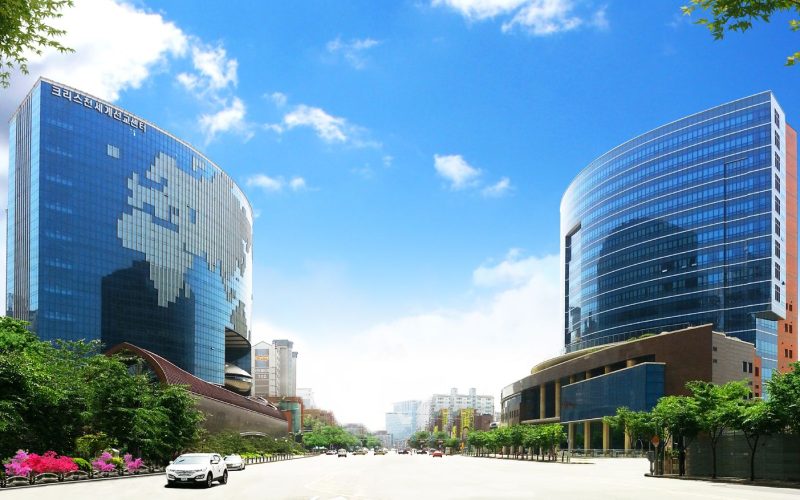China’s desire to please Korean anti-cultists, with whom it regularly cooperates, may have been a factor in the decision.
‘Xie jiao’ This is the ruling for the Seoul Sungrak Church’s Chinese affiliate, the Berea Church. Bitter Winter revealed in 2018 that a covert United Front working group was planning a crackdown on this church, and they revealed once more in 2019 that Sungrak had been selected as the main target of a campaign against Christian organisations with operations in China and headquarters in South Korea.
As Bitter Winter readers are aware, the term “Xie Jiao” has been used in China since the Middle Ages to outlaw movements that were seen as being opposed to governmental authority as “heterodox teachings.” In official Chinese documents written in English, the word is rendered as “cults.”
The Seoul Sungrak Church and its affiliates are not on the most recent list of movements prohibited as xie jiao. However, the Berea/Sungrak Church should be regarded as a xie jiao because it has been outlawed in the provinces of Heilongjiang, where Berea has its Chinese headquarters, Liaoning, Fujian, Shandong, and Zhejiang, according to a letter this month from the government-controlled Three-Self Church to its affiliate churches. In fact, listing as a xie jiao at the provincial level as opposed to the national level is an usual manner to do so for all practical and legal purposes.
Pastors and Christians have reportedly been questioned and some have even been jailed in Liaoning and Heilongjiang, according to Bitter Winter. A lay church leader from Harbin, Heilongjiang, said to Bitter Winter, “We do not criticise the government and we mind our own business. Prior to the Three-Self Church and the China Anti-Xie-Jiao Association regularly collaborating with organisations against ‘heresies’ in Korea, we had never experienced harassment. The believer claims that the latter are hostile toward us since we are one of South Korea’s fastest-growing churches and their churches lose members who join ours. China should not be involved in these disagreements, but does so in order to appease the Korean heretics who aid in their war against Falun Gong and The Church.
Pastor Kim Ki Dong established the Sungrak Seoul Church in 1969. Despite having a Presbyterian education and a Pentecostal form of worship, he chose to align himself with the Korean Baptist Convention. One of the largest Baptist congregations worldwide and one of the fastest growing churches in the world, Pastor Kim’s church saw rapid growth (today, it has some 170,000 members).
Due to this expansion, it was accused of “sheep-stealing” by the influential Korean Presbyterian churches, who also pushed the Korean Baptist Convention to remove Sungrak in 1987 due to an improper focus on Pentecostal activities rather than Baptist ones as well as on exorcism and demonology. At that time, Sungrak was big enough to start its own rival Baptist Convention and maintain ties to other Baptist organisations in the United States.
The Harbin pastor informed us that there are additional fine doctrinal issues on which we disagree with Presbyterians and certain other Baptists. They are aware that these are not the underlying causes of their attacks on us. We grew too quickly, which is why they don’t like us. For the same reason, they have persuaded the Chinese to refer to us as a xie jiao.





